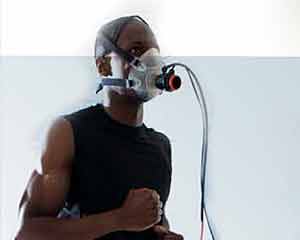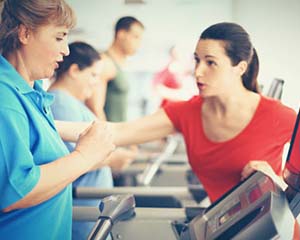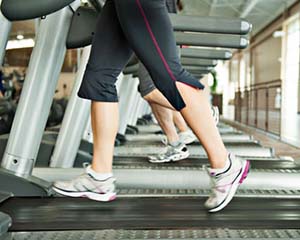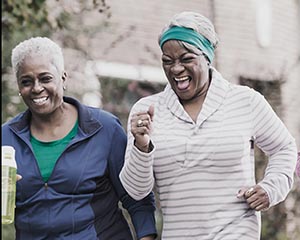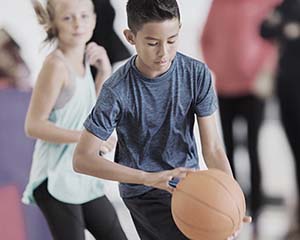
Getting the answers to your core questions
Core training, which focuses on strengthening the anterior abdominal muscles as well as multiple muscles from the shoulders to the hips, is essential for improving overall stability and mobility for people of every age. This paper examines the importance of core exercises and looks at the wide range of options available to exercise professionals developing programs for their clients.
View Report



